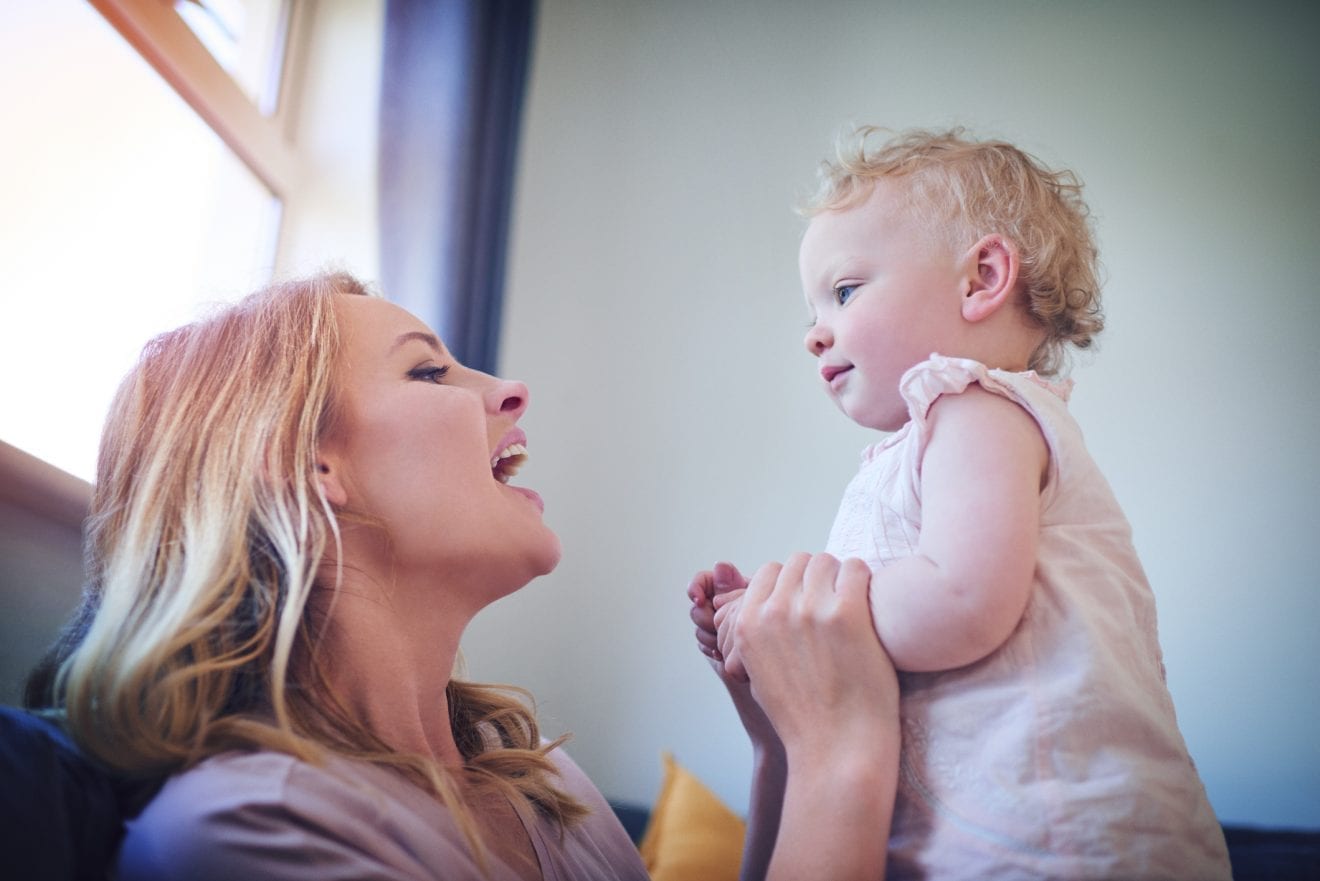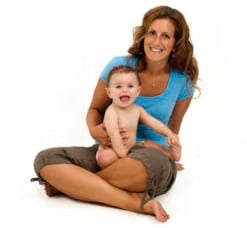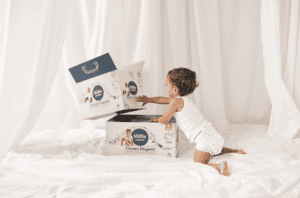The development of speech and communication is a very complicated process. Communication is not just a baby’s ability to say words but also their ability to listen and comprehend words. After all, babies’ vocabulary is formed by their parents’ and caregivers’ words spoken to them.
When do babies start hearing?
So, the first question we need to ask is, “when do babies start hearing?” The answer might surprise you. Babies begin to hear in utero before they even have ears! The complex structure of tubes that make up the inner ear is formed around 16 to 18 weeks, and although the fetus does not yet have actual ears, the bones and tubes of the inner ear are connected by brain cells called neurons to the parts of the brain that interpret sound waves.
Babies can interpret sounds of lower frequencies. The first sound an unborn baby hears is the repetitive thumping of mommy’s heartbeat. Eventually, the baby also hears their own heartbeat, the swishing of the amniotic fluid, and mommy’s voice resonating through the womb. By 24 weeks gestation, babies can be seen in ultrasounds to turn their head toward sounds. This demonstrates their first reaction to sound. That’s right before your baby is even born. She is learning and forming the foundation for her language and communication by processing the sounds she hears in utero.
How do you lay the foundation for babies to start talking?
Some studies show that newborn babies show familiarity with mommy’s voice when they are born. Talking to your newborn in a soothing voice is comforting to your baby because it is familiar and calming. Babies begin to show familiarity with daddy’s voice after about a week. It takes a little longer, but it is no less effective at calming and educating the baby. Start talking to your unborn baby to get in the habit. This is a great habit for mommy and daddy. Talk to your unborn baby, narrate what you are doing all day, sing to your baby and begin to read books to your baby. They hear you in there!
When your baby is born, it is never too early to talk to him all day long. This gives him a strong foundation for his communication skills. Some studies show that babies understand the pause and flow of conversation as early as three weeks. Babies will turn their eye gaze from one person to the other when they are having a conversation, and the first person pauses, and it is the second person’s turn to speak. They understand this back and forth reciprocal conversation, sometimes called conversational turns, or serve and return, at a very early age.
It is important to allow babies an opportunity to practice this themselves. Talk to your baby, then pause, giving them time to answer. Even if they are too little to vocalize yet, pause, so they understand that it is their turn to speak. Eventually, they will fill in that space with adorable babbles, and the two of you will be having a conversation.
Recent research from Harvard and MIT show that the back and forth conversations or “serve and returns” are the most important predictor of future literacy, math, and science skills. As your baby gets older, it becomes apparent that hearing is a vital component in learning about the world. Baby’s sense of hearing allows for communication and language development, which is the strongest predictor of future academic skills.
When do babies start talking?
These concepts are all important precursors to speech. Now let’s take a closer look at when we expect your little one to say their first word. Babies are typically making cooing sounds by three months and vocalizing consonant sounds by six months, such as “da-da-da-da.” Babies typically say “dada” between nine and 12 months, then “mama” a month or two later. Don’t be offended, mommies. It is far easier to bring the tongue to the roof of the mouth to make the “d” sound than to bring the lips together to make the “m” sound. Usually around 12 months, babies can make the “p,” “b,” and “m” sounds. They are also responding to their name, the word no, and using lots of gestures to communicate.
Speech is very highly variable, so these ranges are broad. Typically between 12 months and 24 months, babies are vocalizing just one vowel and one consonant sound together, such as “do” for “dog.” Between 12 and 24 months, babies are usually using approximately 40-50 words but understanding 300 words or more.
It is important to understand that babies understand many more words than they can speak, so remember to talk to your baby all day. Sing to him, read to him, and narrate what you are doing to add more words to his vocabulary. Between 12 months and 24 months, you can also expect your baby to start combining two-word phrases such as “want more” and following one-step directions. They will also answer simple questions with a head nod or shake, such as “do you want more milk?”
Remember, early speech is different for every child, so try not to compare your child to others. The most important thing to look for in early language development is eye contact and a secure attachment to a parent or care-giver.































